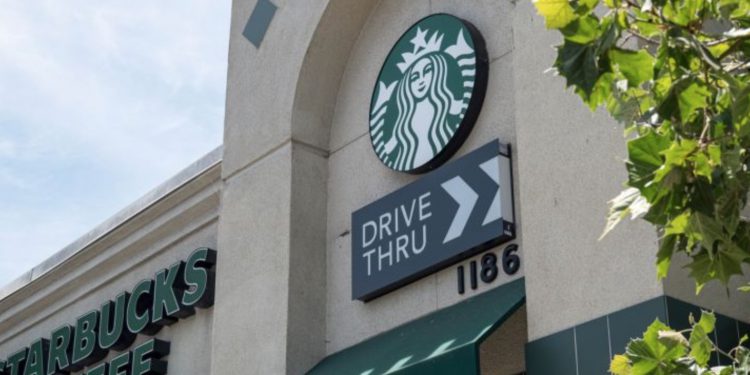Bloomberg Law reports that Starbucks Corp. must face claims alleging it deceptively advertises hot chocolate as “ethically sourced” despite the use of child slave labor, even though Mars and Quaker Oats won dismissal of similar claims, according to a California federal court ruling.
Specific language in the three companies’ labels account for the different outcomes in the opinion entered Thursday by Judge John W. Holcomb of the U.S. District Court for the Central District of California.
Lori Myers alleged Starbucks’ Hot Chocolate, Mars Wrigley Confectionery US LLC’s Dove Dark Chocolate, and Quaker Oats Co.’s Chocolate Chip Chewy Bars were portrayed as produced without child slave labor. Her first complaint was dismissed, but she refiled.
Consumers increasingly demand chocolate that isn’t produced by children under inhumane conditions, Myers alleges in the new filing. The cocoa supply chain makes tracing difficult because small farms sell to intermediaries, who combine beans that are ultimately sold to manufacturers.
Myers challenges Starbucks labels that described its hot chocolate as “made with ethically sourced cocoa.” Because no company claims slave-free chocolate, a reasonable consumer would be misled into thinking that’s what the label means, she says.
Myers’ new allegations against the coffee chain are sufficient to withstand dismissal, the court said.
She alleges child slavery is endemic to the chocolate trade, that it’s therefore difficult or impossible to produce chocolate without labor from child slaves, and that a reasonable consumer is sensitive to these concerns, the court said.
She also alleges consumers would consider ethically made chocolate and reliance on child slavery mutually exclusive, it said.
But for the second time, the court dismissed her California consumer protection law claims against Mars and Quaker Oats.
Myers challenged the label statement that Mars buys cocoa “traceable from farms into our factory,” alleging only 24% of Mars’ chocolate is traceable.
“Unfortunately for Myers, Mars’ statement is carefully worded,” the court said.
Mars asserts it buys “traceable” beans—not that it buys only traceable beans. The label statement is technically true, the court said.
Mars may also buy nontraceable beans, but the company hasn’t affirmatively misrepresented its purchases, the court said.
Quaker Oats allegedly made one affirmative misrepresentation on its Chocolate Chip Chewy Bars: that Quaker Oats “supports sustainably sourced cocoa through Cocoa Horizons.”.
This representation isn’t misleading because, as Myers conceded, Quaker Oats does partner with Cocoa Horizons and the advocacy group works to promote sustainable and ethical practices, the court said.
The case is Myers v. Starbucks, C.D. Cal., No. 5:20-cv-00335, 5/6/21.























